The Slang Effect
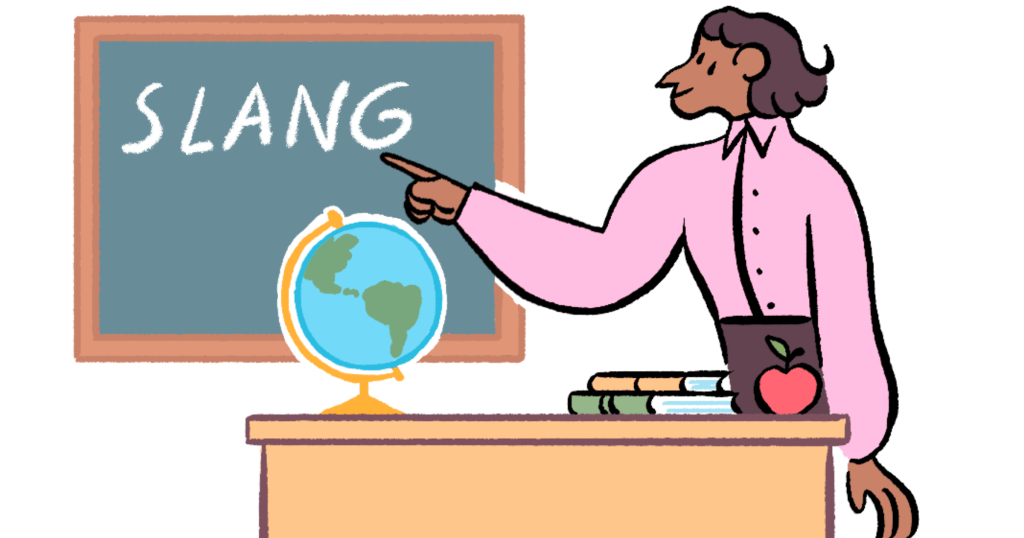
Slang is a form of language that is not considered formal English. It comprises a group of phrases of words that are very informal and more common in speech than writing. Don’t confuse slang with jargon. Jargon, also known as ‘industry-speak’, is a language that relates to specific professions. Usually, these terms are well-known and used within an industry and not used anywhere else. Examples include legal jargon, computer programming jargon, or media jargon. Slang can help you connect to the people around you. It can create emotions, help you stand out in a crowd, or even provide a sense of belonging as it signifies that you are part of a group or understand what someone else is saying.
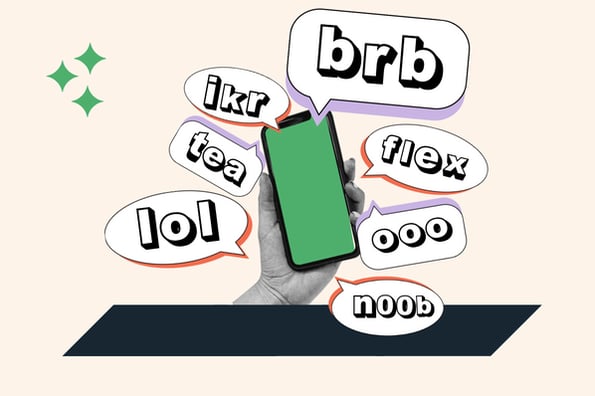
Yes, slang can be fun or create a feeling of intimacy – in the proper context; however, using it in formal business and communication can be problematic. Sticking to actual words is generally the best, as it saves you from the issues using slang can bring. If you want your writing or speech to retain credibility, keep your message clear, simple, straight to the point, and devoid of slang. That way, your readers or listeners are more likely to respond how you want them to. Get to know some of the adverse effects of slang.
Confusion
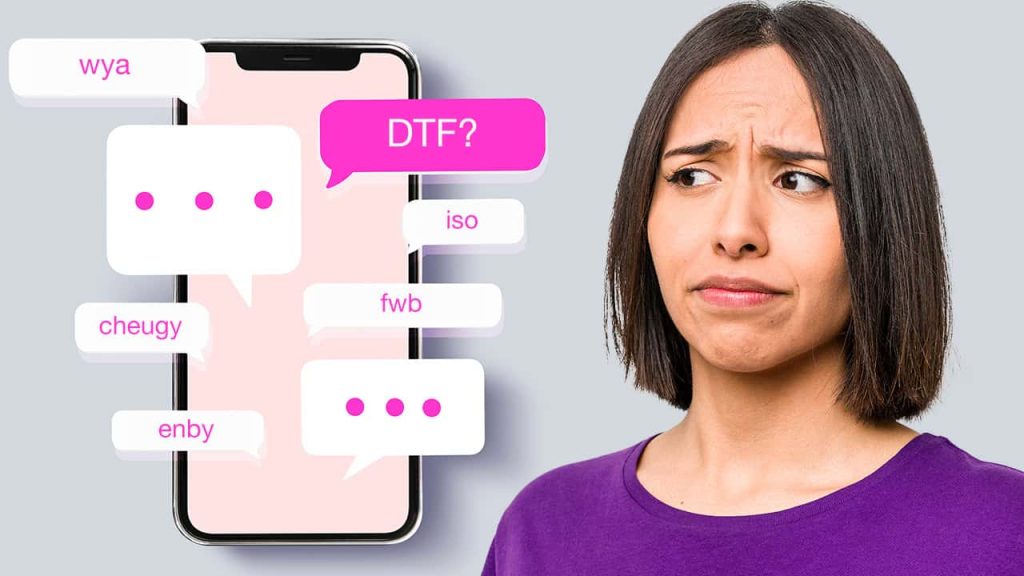
Not everyone can decipher the meaning of certain slangs, so it is improper to assume that the next person will understand the slang just because you do. Do not use it in conversations; it can become a communication noise, creating confusion. If people have to use Google to communicate with you, they will likely not get involved in the conversation.
Risk of offending People
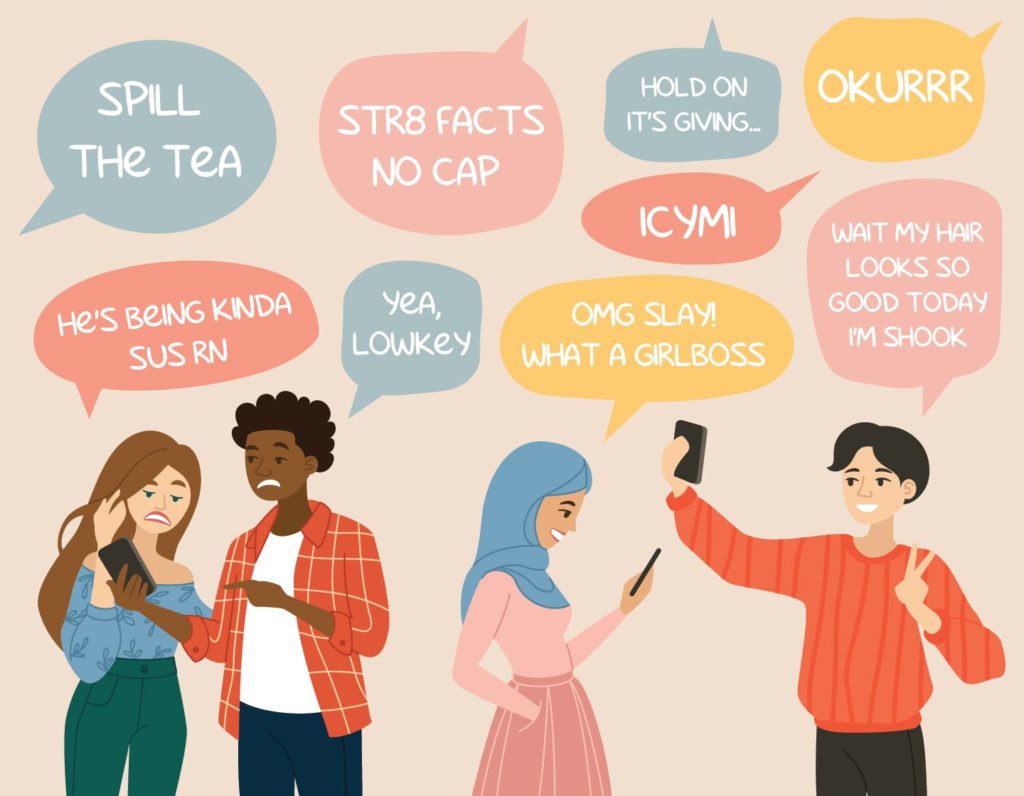
Slang words mean different things to different people, so you should be mindful of using slang words while conversing to avoid stirring up people’s emotions. You might mean no harm within you, but that isn’t the message the other person is receiving. To avoid misunderstanding and conflict, refrain from using slang words.
Unprofessionalism
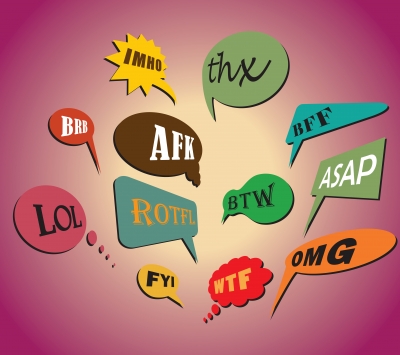
Practice, they say, makes perfection. If you consistently use slang in your informal conversation, you stand the risk of using it in your formal conversation as well. You might go for an interview, and while you talk, you might spill out some slang, automatically giving the interviewer a wrong impression of you because it shows unprofessionalism. Maybe you are called to give a speech at a very important event; using slang words wouldn’t put you in a good light. Also, including slang in your business copy will make you lose a lot of clients because, in the corporate world, people expect you to act professionally.






